My 2nd travel to Turkey led me again to Istanbul where I attended, ten years ago, the Organic World Congress. At that time, I was on a panel with the ecologist Uygar Özesmi who, years later, took the initiative for the first International Prosumer Economy Conference (IPECG 2024), held again in Istanbul, at the Campus of Kadir Has University (picture 1). Uygar and his team managed to invite a colourful array of representatives from diverse sustainable economic models ranging from Post-growth to Doughnut Economics, from CSA to Social and Solidary Economy, from Fair Trade Social Enterprises to the Economy for the Common Good. Each of us had a keynote on the main stage and a dive deeper session in a side hall (picture 2). I introduced the Economy for the Common Good and related it to the planetary boundaries, the Doughnut, Fair Trade and Social Enterprises (picture 3). The message was warmly welcomed, especially as it was served with some dance moves (picture 4). The dive deep session with the young climate activist Selin Usluer and the conference organizer Uygar was especially inspiring, as we talked about power relations and the chance of true change within the current political system. The voting game on the limitation of inequalities worked out excellently. Clear winner was factor 7, a holy number in Turkey. This shows that, in progressive ecosystems, the winning factor is rather lower than 10. The curve was, once again, a clean U that combines the „resistance peaks“ of socialism and capitalism, whereas the bottom of the valley of resistance, the lowest point hit at factor 7 (picture 5).
Between the talks and other formats I connected with Vincent Liegey from the Degrowth movement who is currently editing the Routledge Handbook on the topic; with Leida Rijnhout from the World Fair Trade Organization who is encouraging social entrepreneurship amongst fair producers and exporters from the Global South; with the internet security specialist Melanie Rieback who is engaging for the end of extractive finance; and finally with Amanda Kiessel from Good Market who is developing and offering a global infrastructure for initiatives of change (picture 6).
A special experience was an ad hoc-workshop with Erinch Sahan with whom I exchanged more deeply on the Doughnut Design for Businesses (DDfB) and the Common Good Balance Sheet (CGBS). Unsurprisingly, we found a large overlap with only some complementarities. We started a project to „map, match and merge“ our respective tools and are now searching for volunteers who are interested in be part of this mapping-matching-merging endeavour. If so, plz send me a line (picture 7)
Next to the international guests, we met leaders from the Turkish community of change, such as Berivan Elis from Ankara Impact Hub or Ekin Al from Doughnut Turkey. The Heinrich Böll Foundation Turkey supported the event and made my participation possible. In the cloud of possible next steps, that we co-created at the end of the conference, figured prominently „ECG Türkiye“ which means the setting up of a country chapter of the Economy for the Common Good movement (picture 8). Let’s see if for IPEC 2025 this goal will be achieved. A very nice final aspect of the conference was that we did not only talk about deeper collaboration within our ecosystem of similar initiatives, but we also included the analysis of power relations, the future of democracy, and the chance for „eternal peace“. That was the cherry on the cake of this well-organized conference. May there be more of them with a similar profile and power (pictures 9 and 10).
A report by Christian Felber
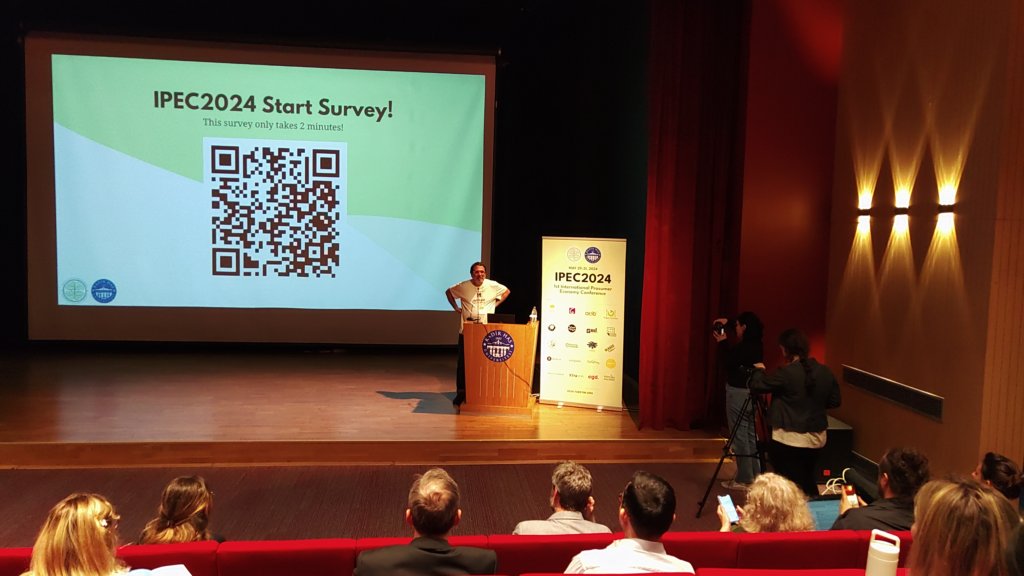
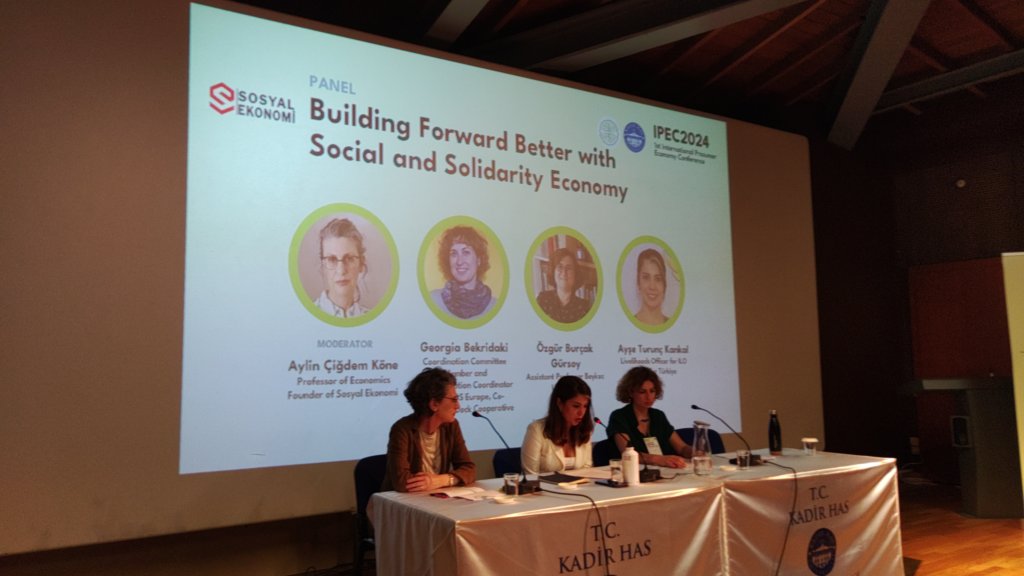
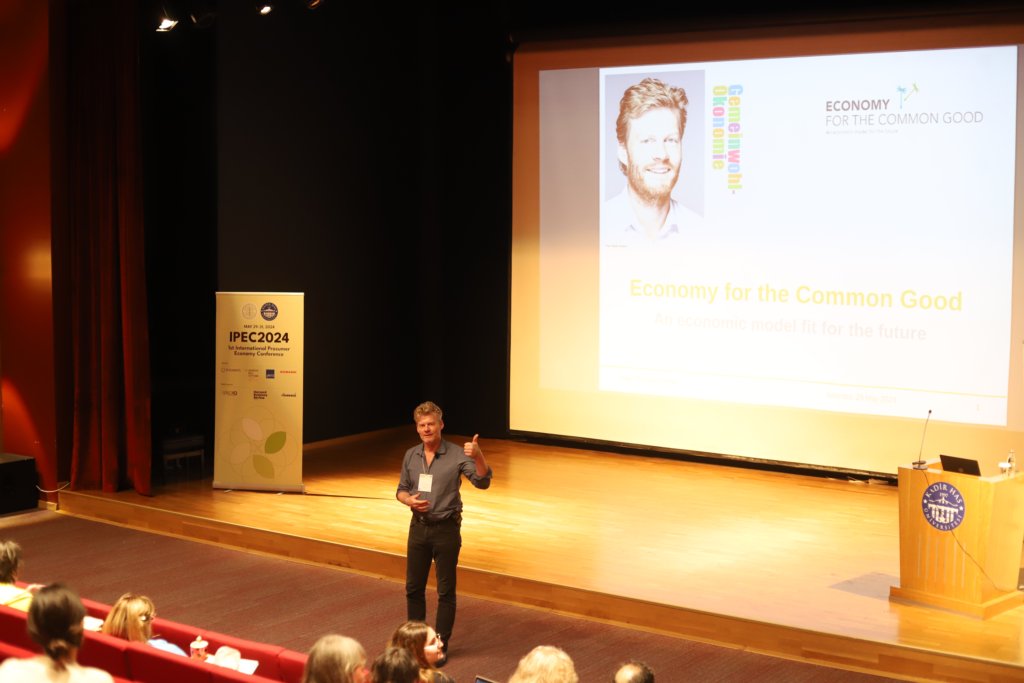
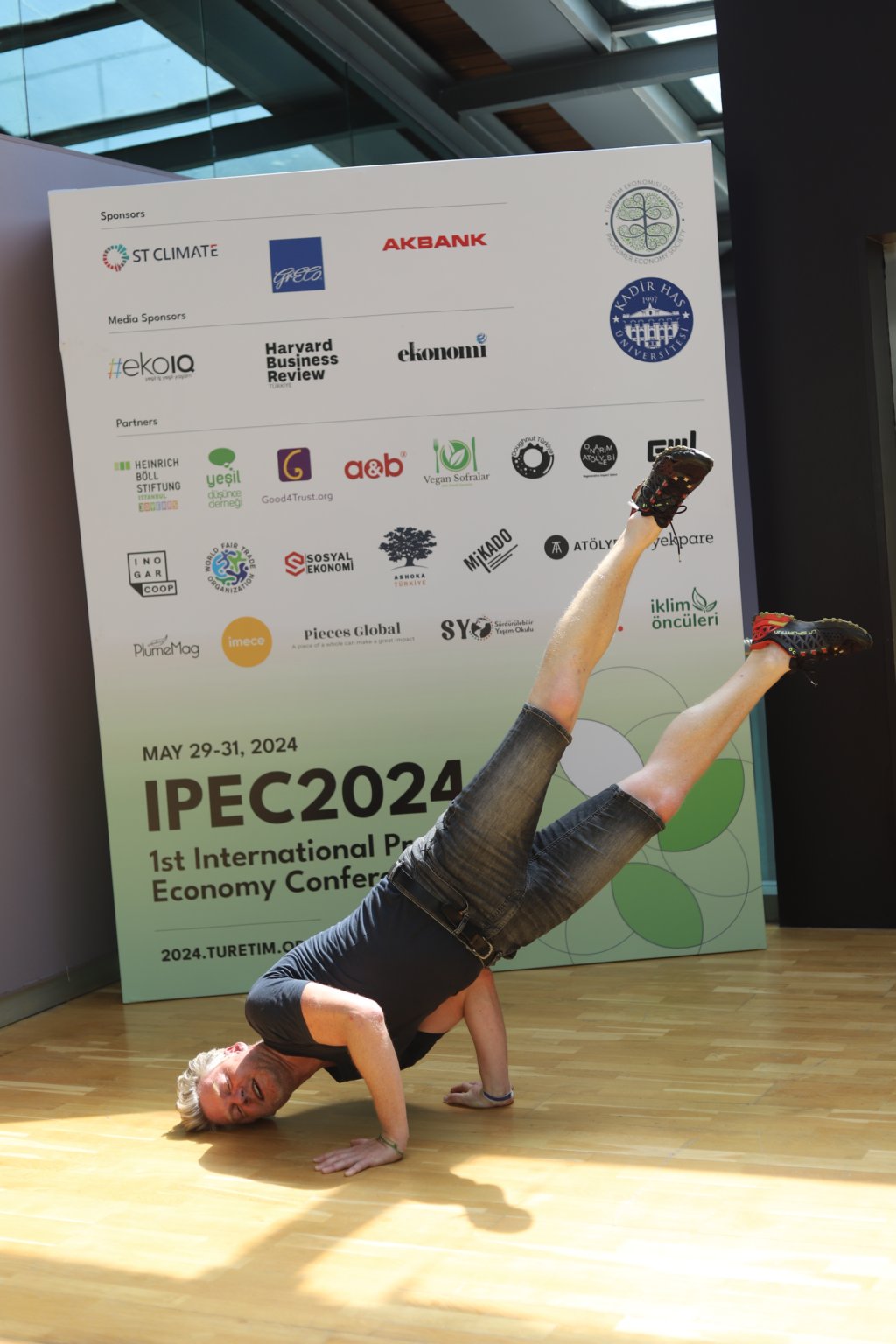
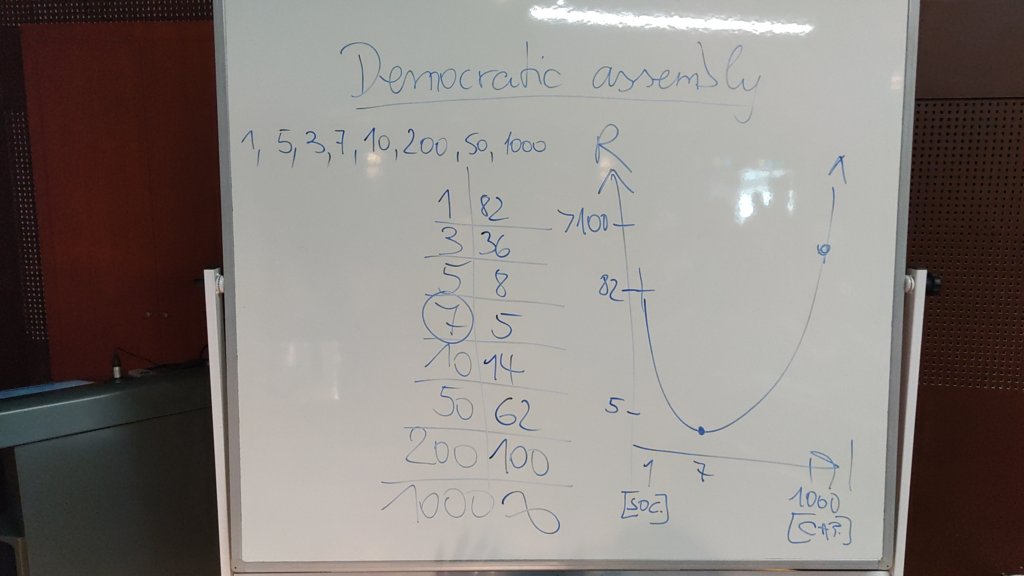
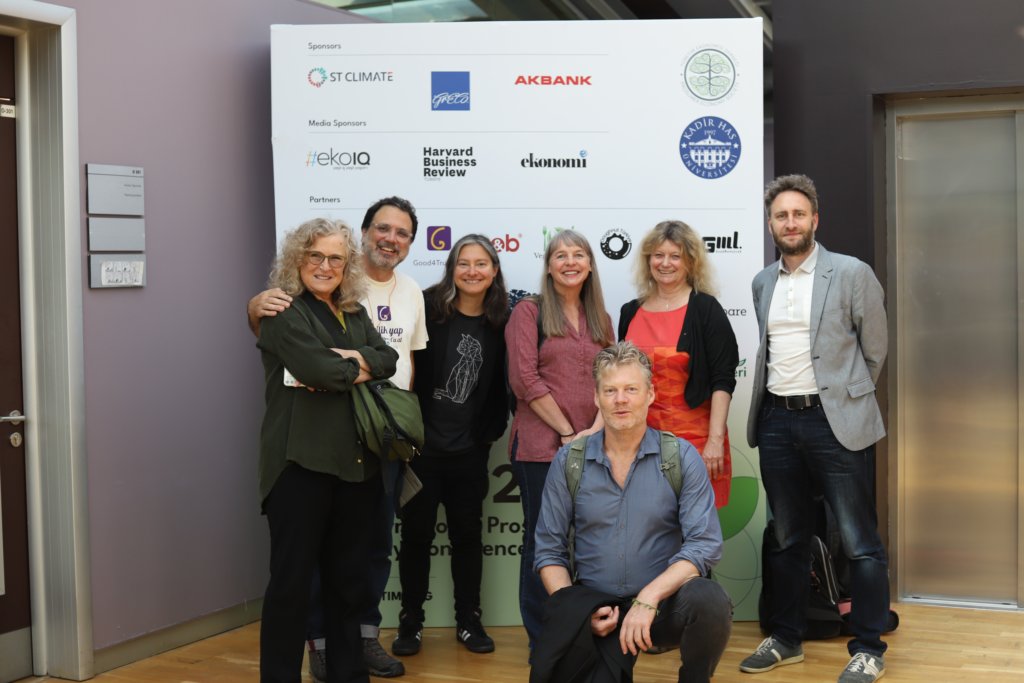
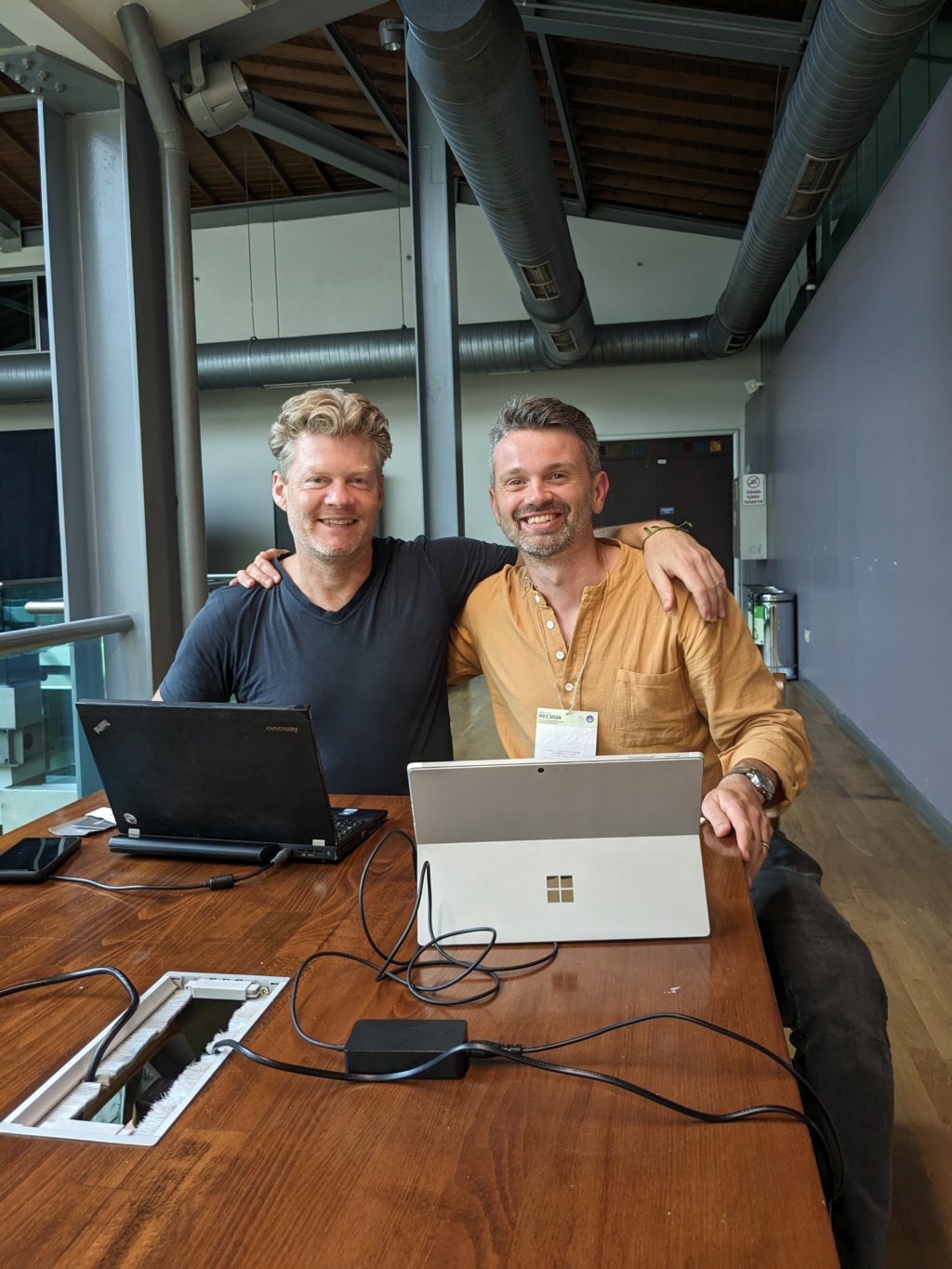
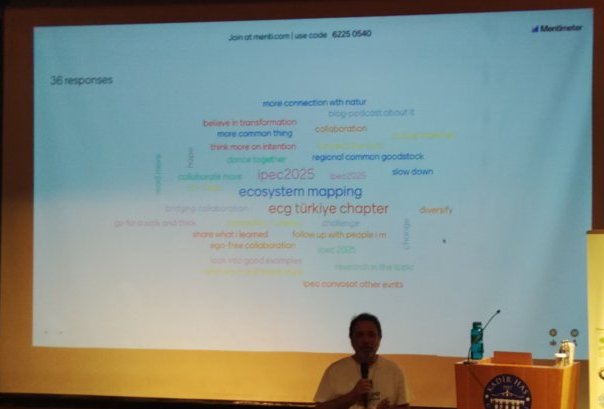
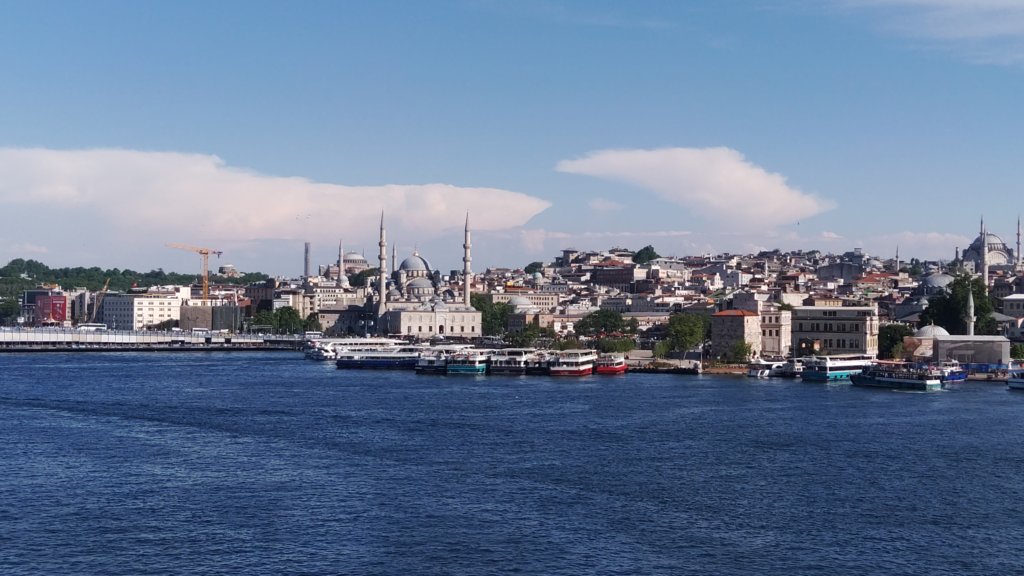
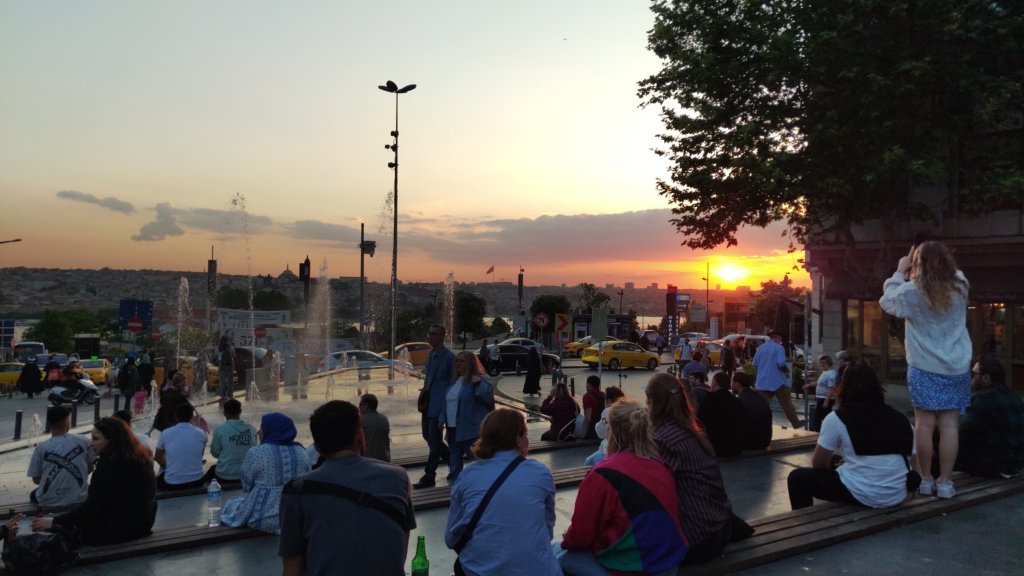
Leave A Comment